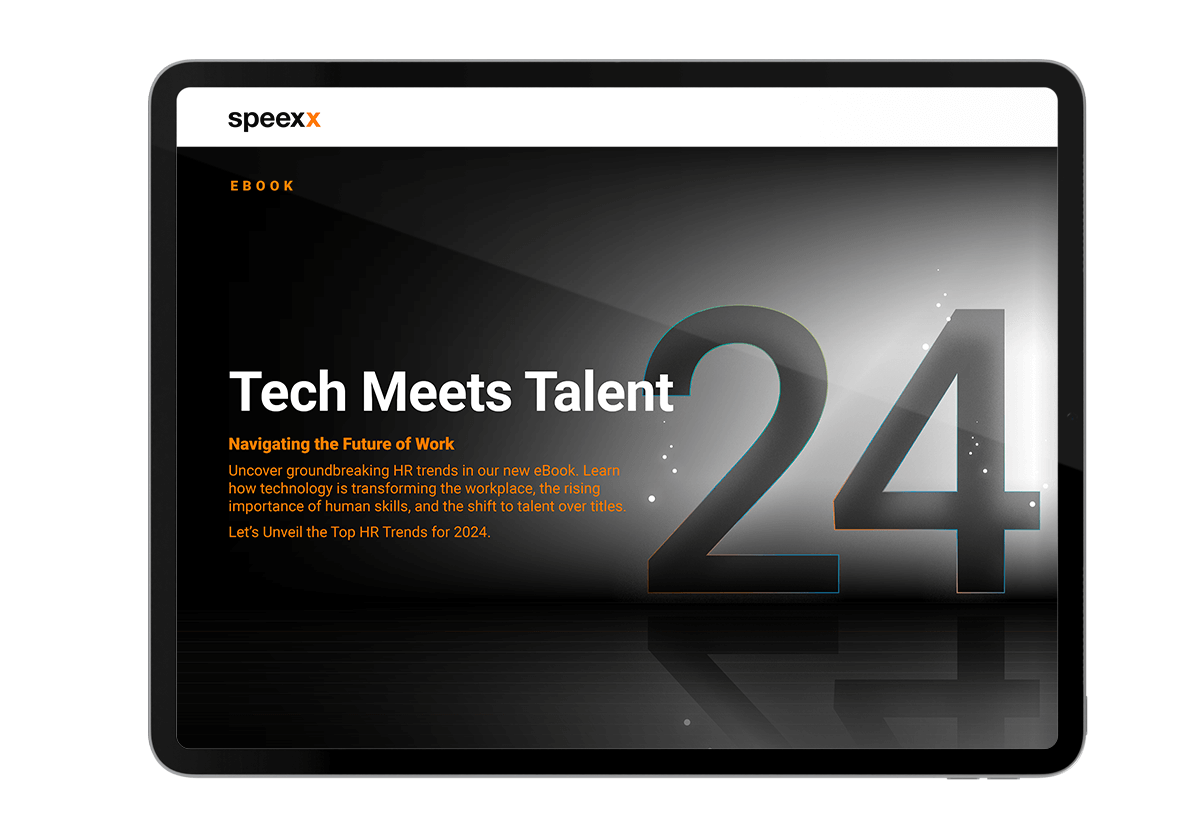
Discussions around digital transformation in companies encompass an increasingly wide range of topics, all centered around large-scale change within organizations. These changes span everything – from technology, all the way to the impact on HR and L&D. That’s why experts like Jeremy Blain, author of The Inner CEO: Unleashing Leaders at All Levels, uses the term, “Business Transformation” when referring to organizational change.
The Strategy Implementation Institute has pinpointed that 63% of companies are failing in their digital transformation programs. Why? Because they focus on what they must do, instead of how to do it. In other words, they are business-centered instead of human-centered.
The situation is critical. 8 out of 10 leaders don’t know how to accept uncertainty, the volatility of the market, and the complexity of the macro-economic situation. They’re not upskilling themselves and their teams to face the changes that occur in a transitioning society. Consequently, this has direct repercussions on workforce wellbeing.
What is Human-Centered Leadership?
Human-centered leadership is putting people first, regarding their environment, social relationships, and state of mind. To do so, a leader must be aware of the situation at hand and be able to be decisive despite upcoming uncertainty.
During the pandemic, only those leaders who investigated at operational level were able to successfully acknowledge the vulnerability of their employees (and themselves). Their teams were involved in planning decisions from the beginning, so they performed better at their tasks.
Companies should consider a major restructuring of the Human Resources’ manifesto which is relevant and applicable in the modern workplace. From highlighting the importance of delegation, to implementing agile methodologies; all these new principles must be embraced by the workforce mindset at all levels to standardize a more autonomous, self-aware, and reliable way of working.

Find out about the future of work in our free ebook!
Autonomy and Empowerment: The Starting Point
Good leaders are purpose driven. They consider success as the achievement of a series of events that combine people and collaboration. They understand that milestones are not accomplished without a collective approach to instill the company’s goals. To get that uniformity, they need to be empathic, analytical, champion communicators, and know when to pivot quickly.
The fundamental foundation of leadership is empathy, but the fuel of work is autonomy. Leaders who know how to empower their team members fill them with confidence to make decisions when needed, ensure a space where workers feel free to decide while being responsible for their own choices. This has been proven to improve team performance and engagement.
A good example of empowerment is the concept of Reverse Mentoring, where leaders ask for advice from employees. People, organizations and leaders build mutuality, and the workforce feels motivated and keener to adopt radical changes.
Employee Branding as an Outcome of People-Driven Leadership
During 2020, leaders were put at a cliff’s edge and forced to make tough decisions. Good leaders rapidly adopted measures despite not knowing what the result would be. Most of them put people as a priority by being empathic and supportive and this had a huge impact on branding.
Companies like Airbnb, which looked after their employees and their families by providing training and job counselors, were highly recognized for their efforts and their public image thrived as a result.
Employees are the best brand ambassadors. That’s the reason why leaders must implement mental health and wellness policies, empower change management ideas from the bottom-up, and make real changes rather than merely blueprinting plans. Everyone must be involved, as this is how you build credibility and employee branding.
Those companies that put business survival first over people and lead with fear, are the ones that fail; not only because they didn’t take advantage of the tools they had, but also because they failed to create a nurturing working culture.
They didn’t succeed at changing the general mindset and, as a result, their brands were negatively affected afterwards, reflecting a lack of confidence in the company which leads to problems retaining talent and hiring new people.

In summary, the best leaders are those that are human-centered and use data to fuel their decision-making and innovate. They are also successful at building social capital and impacting all levels within their organization to make their employees part of strategy implementation. In addition, they use technology as a tool to increase efficiency and create a people ecosystem. Business success and growth are only possible if the human factor thrives beyond KPI’s, putting people first. Companies are then able to ensure that employee branding, motivation, and talent retention will take them well towards achieving their business goals and bottom lines.
Don’t miss a thing! Follow us on LinkedIn – leave a reaction, – we love to know what you think about our post -, and keep yourself always updated with our Blog.



